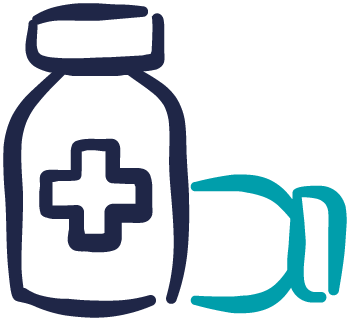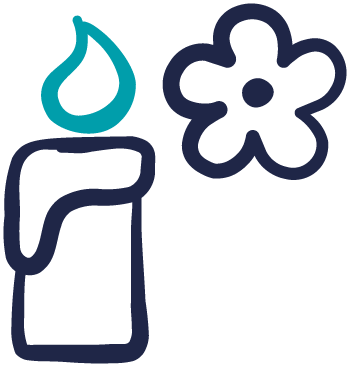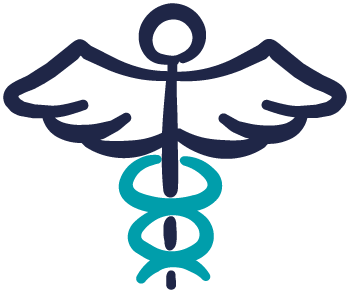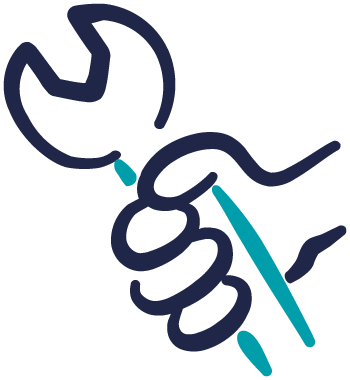Pituitary Conditions
Symptoms, Diagnosis & Treatment
Living with a Pituitary Condition
Healthcare Professionals
What are you looking for?
Work and School
Medical
Health and Wellbeing
Clothing and accessories
Caring for someone with a pituitary condition
Travelling
Patient Stories
Trevor’s story- Successfully removing a pituitary tumour
After ready Amy’s story- a 10 hour operation, I felt inspired to share my own story, which started off very similar. In 2022 4 weeks after a violent altercation, I awoke with a severe headache. Having abstained from alcohol since the January of 2022, I had drunk a glass of wine the previous evening and […]
Jhori’s story- My prolactinoma journey
My name is Jhori Morris, and I would like to share my Prolactinoma (Pituitary Adenoma) journey in hopes that it may help someone else who may be experiencing some of the things I experienced. I stopped taking oral contraceptives around November of 2022, and that’s when some of the symptoms started to arise, but I […]
Risa’s story: Living life to its fullest with Acromegaly
My name is Risa and I have Acromegaly. It was October of 2018, as I nervously awaited the results of my brain MRI. I remember utter disbelief washing over me as my Endocrinologist informed me that I had a large tumour on my Pituitary Gland and furthermore, it was causing a rare disease with a […]
Edy’s story: Seeing clearly again after a non-functioning adenoma
It felt like I was wearing sunglasses, all the time. Whether I was inside, outside, raining, sunny, everything was very dark. And I remember being outside and lifting my glasses, thinking they were sunglasses, because everything was dim.
Serena’s story: Surgery for prolactinoma
My name is Serena I am currently 23 years old. My story is quite peculiar and not typical story for those diagnosed with Prolactinoma. This is a benign tumour in the pituitary gland it is non-cancerous. On the 5th of May 2020 at 19 years old, I was diagnosed with Prolactinoma. I remember this day […]
Amy’s story: The first person with Type 1 Diabetes and AVP-Deficiency to hike Mt. Kilimanjaro
Hiking to the peak of Mt. Kilimanjaro has been a dream of mine for many years and on Sunday 25th February 2024, at 7:15am, my dream became a reality. This makes me the first person with Type 1 Diabetes and AVP-Deficiency to stand at the summit, but hopefully not the last! I was diagnosed with […]
Ann-Marie’s Story: Prolactinoma and Fertility
September marks 16 years since I had my operation to remove my Prolactinoma, and I thought now would be a good time to share my story. In 2007, having been trying for a baby for over a year, I was sent to have tests for infertility. Everything came back fine with the exception of my […]
Isobel’s Story: Hamish the Helper Dog
I was diagnosed with Adrenal Insufficiency in 2014 after repeatedly ending up in A&E with what appeared to be an unusual asthma attack and by complete chance after a 2-week asthma ward admission, a consultant ran a Synacthen test and diagnosed me with Secondary Adrenal Insufficiency. Because the treatment for asthma attacks is the use […]
Teagan’s Story: Prolactinoma and University
Teagan was diagnosed with Prolactinoma in October 2021, at just 19. She was alone in her university room, 250 miles away from home. Teagan is a student at the University of Exeter. She noticed her migraines getting more and more painful. She originally put it down to majority of her studies being online due to […]

























